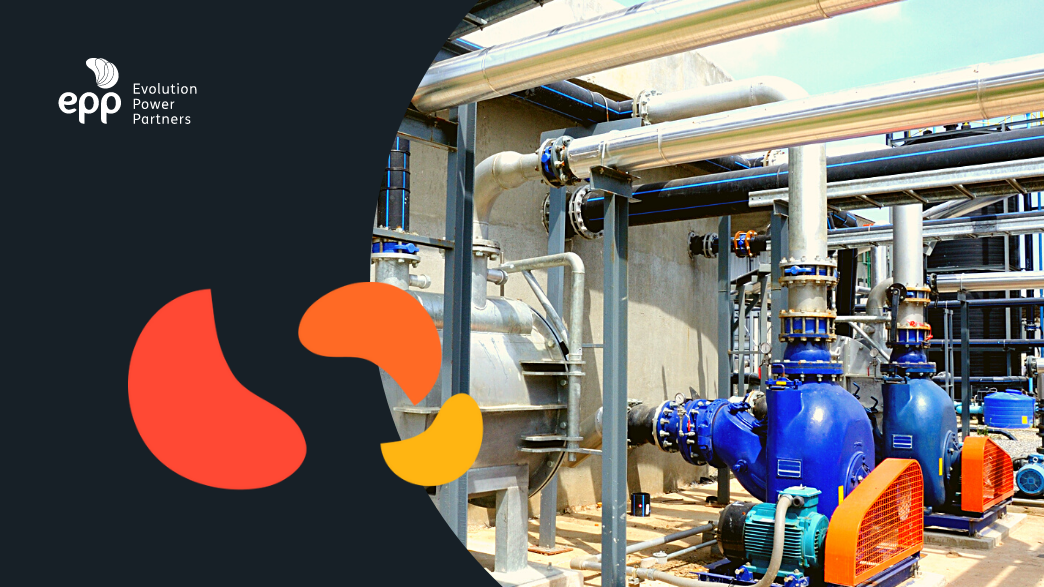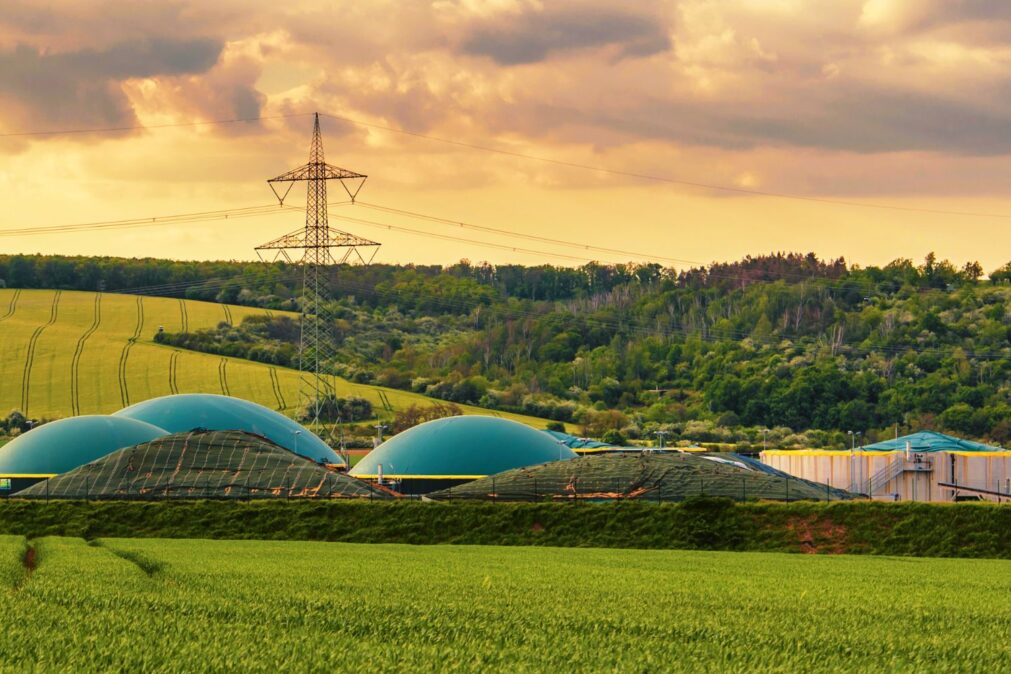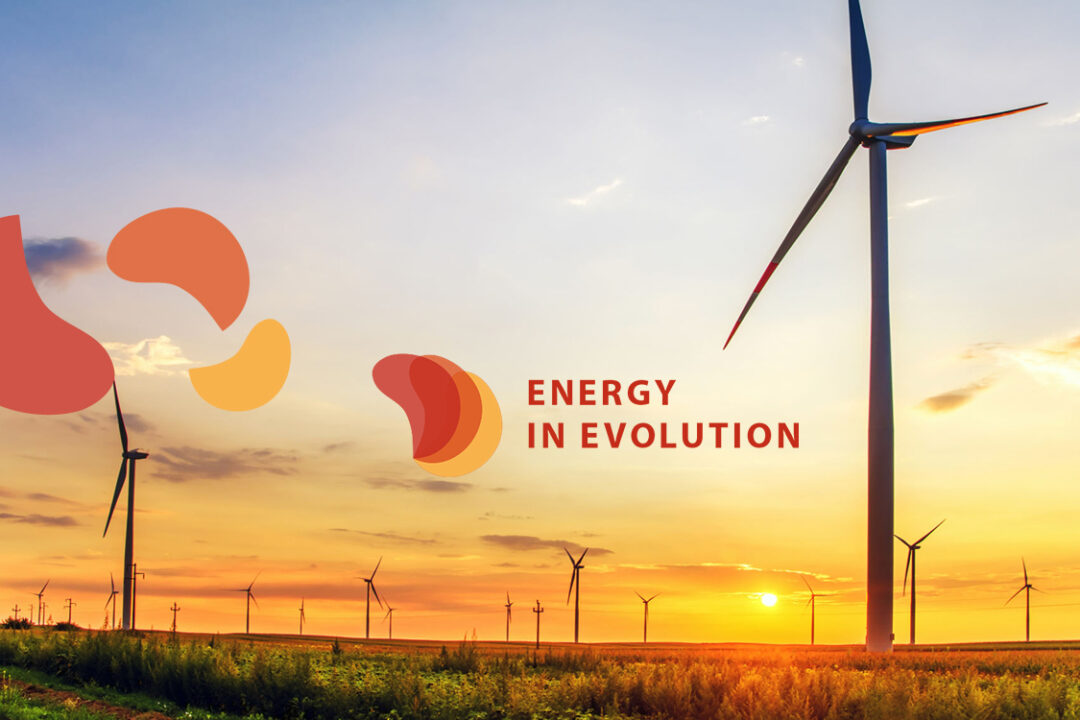In recent years, biogas in Brazil has had an accelerated growth. Understand the reasons for font development.
Biogas in Brazil is an energy source that has enormous potential, but not yet explored. It is possible to obtain the gas from several sources, such as biomass, organic solid waste from sanitary landfills and animal waste. According to the Energy Research Company (EPE), currently the main source of biogas production is landfills, with 51%, followed by the beverage and food industries with 25% and swine farming with 14%.
According to the Brazilian Biogas Association (Abiogás), if all the waste from agricultural production were used for generation, it would be possible to produce the equivalent of 50 billion m³/year. The association also foresees an estimated investment of R$ 60 billion in new plants by 2030, increasing production from 4 million cubic meters per day to 30 million cubic meters per day.
Government incentives for biogas growth in Brazil
To encourage the development of biogas and biomethane and, at the same time, reduce the use of fossil fuels in the country, the Federal Government launched a methane reduction program, called Methane Zero. The expectation is that the country will further diversify the energy matrix and reduce the use of diesel in Brazil by up to 30%, eliminating the need for imports in ten years.
The initiative aims to encourage the transformation of urban and organic solid waste into biofuel, and will have the financial support of public banks. In addition to tax exemption for producers, the program provides for the creation of a methane credit, a green currency, which will generate additional revenue for projects. One of the benefits of investing in this source is that the gas cost structure is predictable, prices are not influenced by commodities or exchange rates and there is no interruption in production.
EVA operates in the distributed generation of renewable energy for companies of different sizes, offering sustainable solutions, thus generating energy from its own biogas plants from sanitary landfills and swine farming that add up to about 20MW of installed capacity. The plants are located in the states of Rio de Janeiro (São Gonçalo and Seropédica), São Paulo (Mauá) and Mato Grosso – this being the largest in the country for generating energy from swine manure.
With the acquisition of Gás Verde, Urca became the largest producer of biomethane in the country, a sustainable biofuel that contributes to the preservation of the environment and has great potential to transform the energy matrix of Brazilian companies.
How does biogas impact the economic sector?
Biogas can be used in natural gas networks, air conditioning systems and industrial gas, and it can also be transformed into biomethane, to be used as fuel for vehicles or used in boilers through its direct burning for energy cogeneration.
One of the advantages of biomethane is that it is competitive when compared to fossil alternatives, because it is produced locally and close to consumption centers. In addition, it also serves as a raw material for the manufacture of other renewable products, such as green hydrogen and ammonia.
Thus, it is a gas used in several industrial segments, such as agribusiness, agribusiness, sugar and alcohol and breweries. Analyzing it economically, transforming industrial process waste and generating biogas helps to increase industry revenues or reduce energy costs.
With this, the company can become more competitive against its competitors, in addition to giving a correct destination of the generated residues. Another point is that the generation of electricity from biogas has a higher energy capacity content compared to other renewables. A biogas plant has an efficiency of approximately 40% of electric generation, equivalent to a natural gas thermoelectric plant.
With the new law that provides for changes in the gas market and the Federal Government’s program, it is estimated that, in the coming years, there will be an increase in demand for biogas solutions in Brazil. Thus, companies that are already investing will have one more advantage. To understand better about landfill power generation, read the content on the blog.






